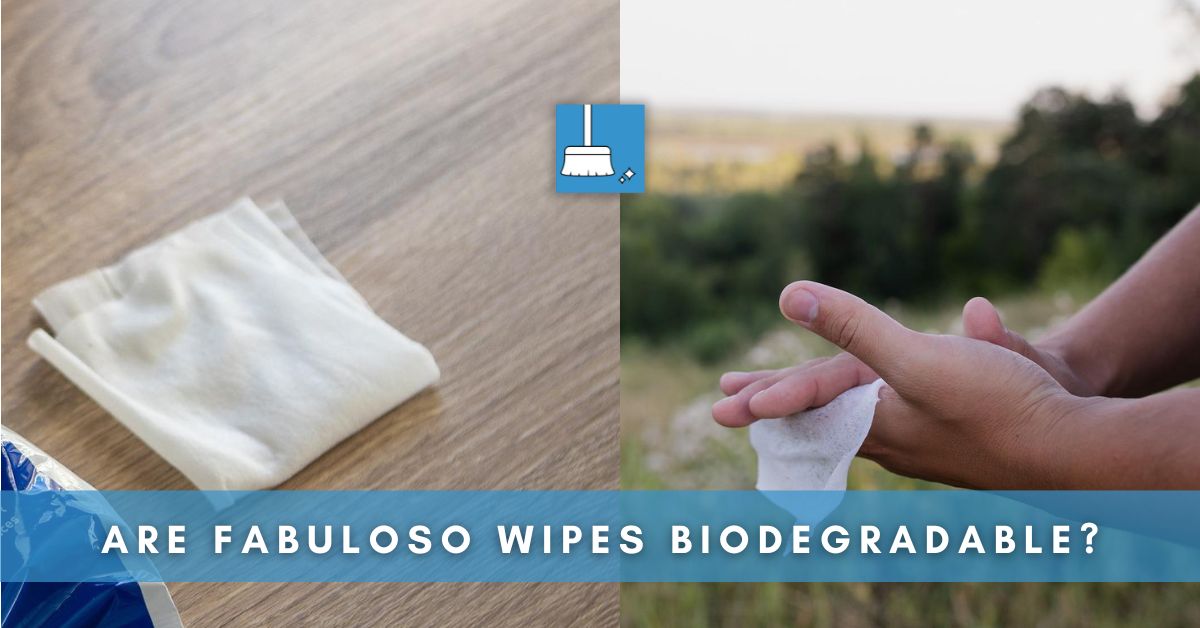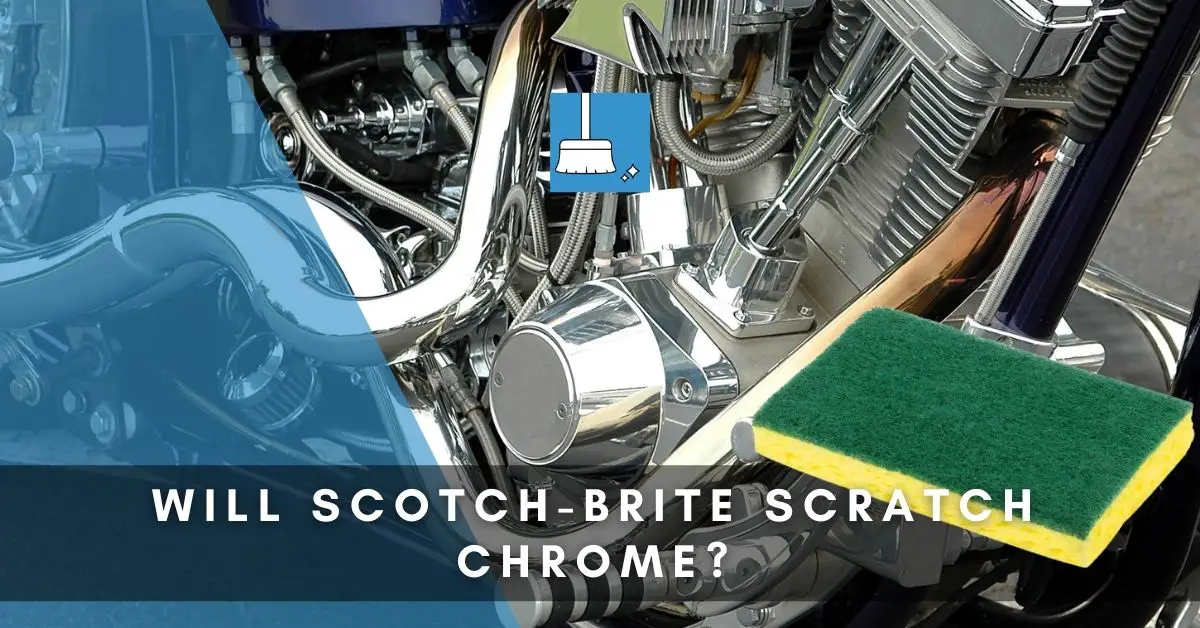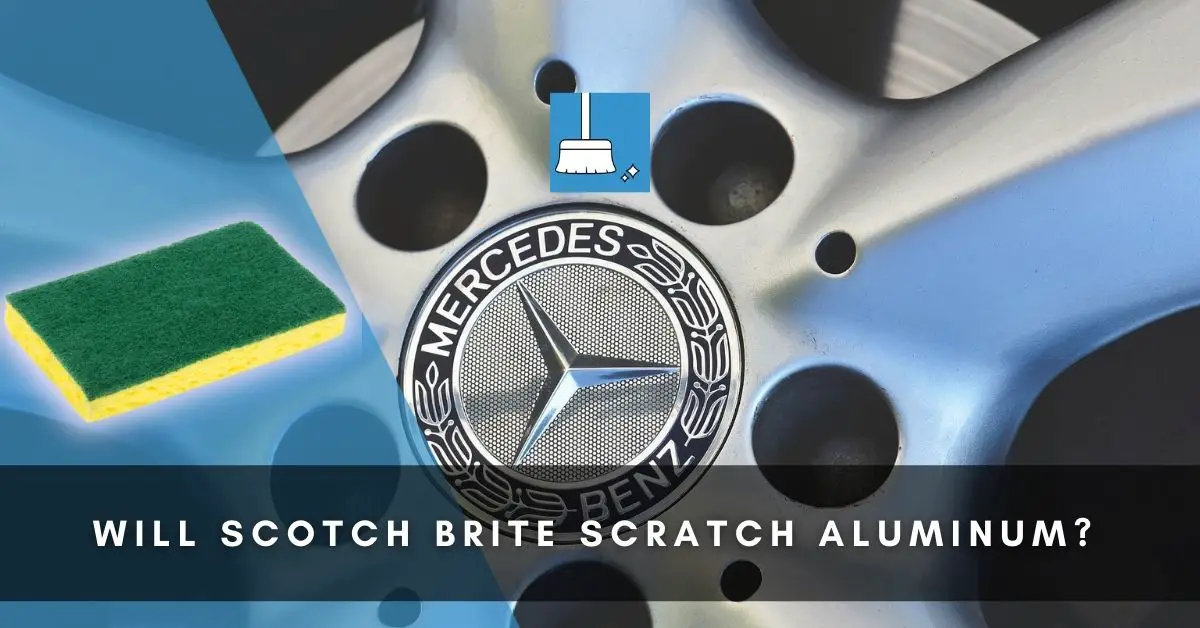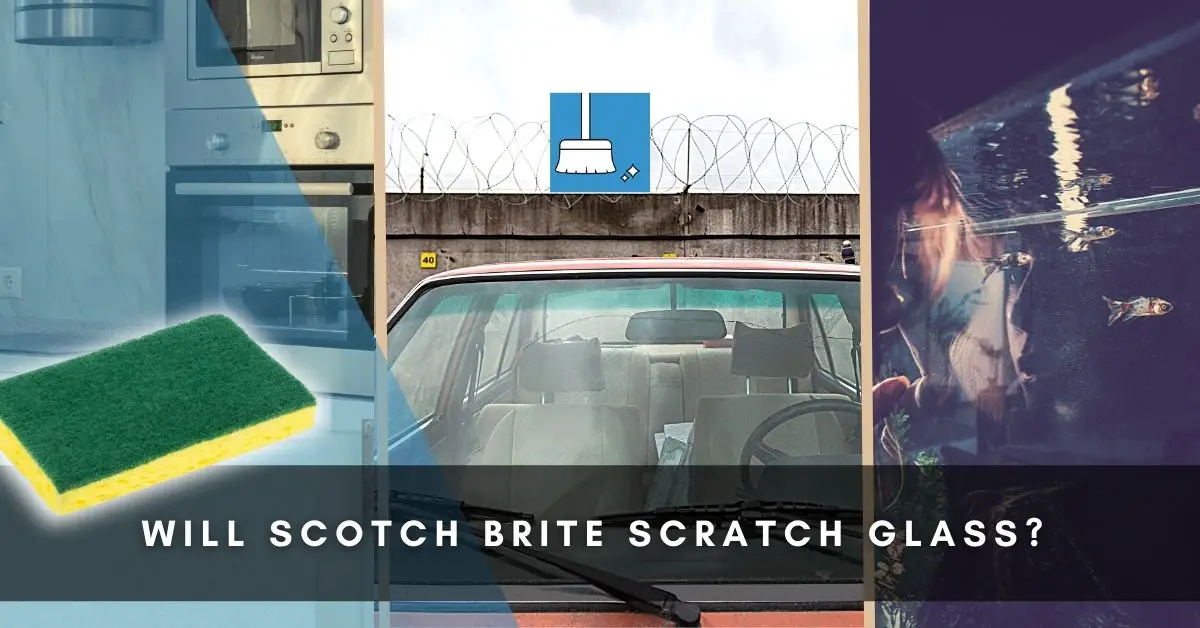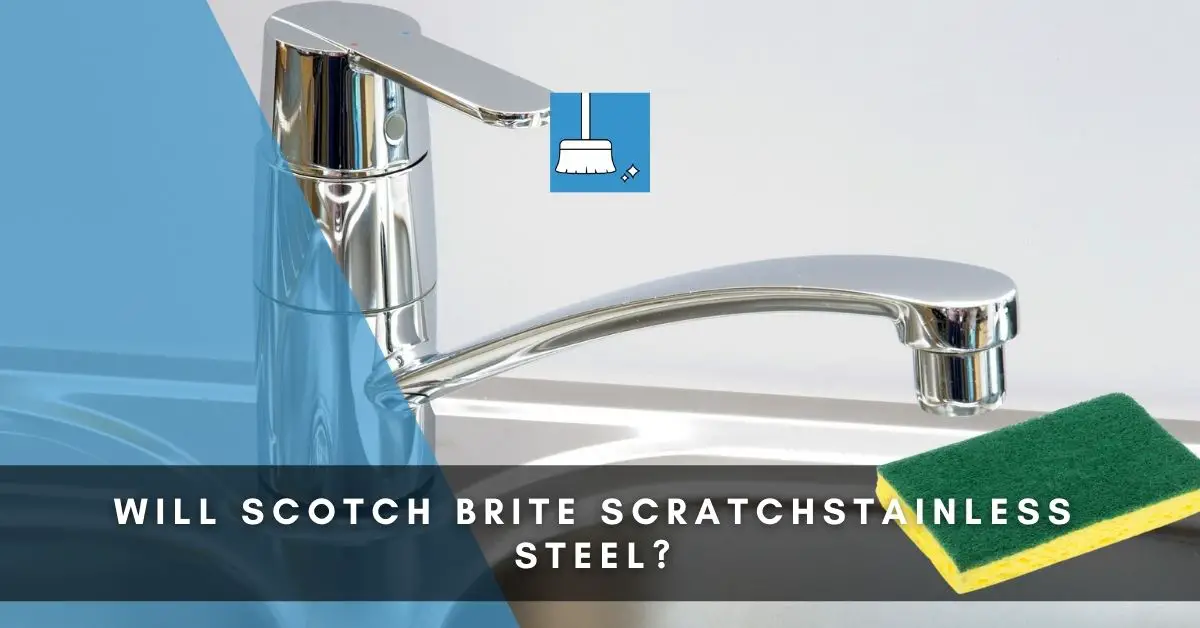Your cleaning products may be some of the most toxic things in your household. As we enter into an era of increased awareness about our environment (choosing cruelty-free products and caring about recycling), biodegradation of waste is an important part of our choices.
At the very least, you can minimize the impact of cleaning products on the environment by using biodegradable ones. Cleaning and disinfecting products have a great scent and do an amazing job of sanitizing but are Fabuloso wipes biodegradable?
This article talks about whether Fabuloso wipes are biodegradable. We’ll also discuss composting, decomposition, and methods of disposal.
Are Fabuloso Wipes Biodegradable?
Fabuloso wipes are not compostable and may take years to biodegrade.
The real trouble with biodegradation is the time it takes and the by-product of the process. This means that it may take years for these wipes to be broken down by natural processes.
Colgate Palmolive has reviewed these wipes and has determined them to have an acceptable environmental profile. The wipes contain surfactants that are considered biodegradable but the wipes are made from composite fabric that may or may not be biodegradable.
The instructions on disposing of the wipes mention that they should not enter drains, water bodies, and soil. This clearly means that the wipes will harm the environment if thrown into it carelessly.
So what is biodegradation, and how is it different from the famous ‘compostable’ label we see on some products?
Difference between Biodegradable & Compostable
Many products claim to be compostable, while some claim to be biodegradable. These two words mean different things but have a similar purpose.
Biodegradable
The word biodegradable comes from ‘bio’ and ‘degradable.’ ‘Bio’ means life, while ‘degradable’ means the ability for something to be chemically or biologically broken down. Biodegradable means something can be broken down or degraded by biological activities.
Everything from plants, animals, or natural minerals is biodegradable. However, different biodegradable products take different amounts of time to break down.
The main factors that affect the rate at which a product disintegrates are the material it is made from, the conditions it is exposed to, and the amount of processing it has gone through.
In conclusion, when a product is biodegradable, it means microorganisms will eventually break it down over time. Some items take a very long time, and some could create harmful chemicals and gasses when broken down, as in the case of plastic.
When products are labeled biodegradable, manufacturers are generally trying to say that it breaks down within a short period. This could be days or a few months.
Biodegradable wipes are usually made from plant sources as opposed to plastic. Plastic is usually referred to as non-biodegradable because it takes a long time to disintegrate.
Compostable
When a product is labeled as compostable, it means that it can be changed to form compost. Compost is made of organic materials that can be added to the soil and help to improve it.
Not all compostable materials will biodegrade into compost easily in any condition. You may have to put that material in a compost environment where it is under the right conditions.
Usually, products labeled compostable are to be composted at industrial facilities under the right conditions. They may not break down if you add them to your home compost pile.
Therefore, you should only add a product to your home compost if it is specified as home-compostable.
Key Differences Between the Two
● Compostable materials are safer for the environment than biodegradable ones. When some biodegradables break down completely, they leave behind toxic materials. On the other hand, all compostable material breaks down into humus which is very good for the soil.
● Also, composting usually takes lesser time than biodegradation which can take a very long time sometimes. It is only faster under the right conditions.
● Lastly, biodegradation is a fully natural process that does not need any help. On the other hand, composting needs human help to put the materials in the conditions needed.
Which Cleaning Wipes Are Biodegradable?
All cleaning wipes will probably biodegrade, most after a few decades. Therefore, biodegradable in this sense refers to wipes that break down fast or are made from plant materials. Below are some biodegradable wipes you can go for that are made from organic material:
1- Clorox Compostable Cleaning Wipes
2- Dettol Biodegradable Cleansing Surface Wipes
3- Adventure Wipe Compressed Wipes
4- Wowables Reusable and Biodegradable Paper Towel
5- Lysol Disinfecting Wipes – Plant-Based Fibers
Brands like L’Oreal, Olay, Nivea, and Johnson and Johnson have confirmed the plastic content or non-biodegradability of their wipes. This applies to their cleaning wipes and the ones for the skin.
What of Fabuloso?
Fabuloso’s website does not specify the exact material the wipes are made of. It states that they are made from composite fabric, that is, a combination of different materials or a cloth with different structural elements.
The product information concerning biodegradation only concerns the surfactants used in it. i.e., the above-mentioned QACs, which are its active ingredients.
It is safe to assume that the wipes may be biodegradable but are definitely not flushable or compostable.
How Long Does It Take for a Disposable Wipe to Decompose?
As mentioned earlier, disposable wipes are not all made from the same materials. This can lead to differences in the amount of time it takes for them to decompose.
Average disposable wet wipes are made from synthetic polymer fabrics. This means they are essentially made from regular plastic. Regular plastic can take anywhere from 10 to 1000 years to decompose, depending on its form. Wipes, in particular, could take up to 100 years to break down.
Additionally, these plastics break down into microplastics that poison wildlife and pollute the environment. Plastic releases harmful amounts of methane during its breakdown process, contributing to global warming. (Source)
There are other ingredients in wipes, like chemicals which may biodegrade much faster than the material of the wipe itself. For example, the Quaternary Ammonium Compounds (QACs) that are usually the main ingredients in cleaning wipes, such as Fabuloso, biodegrade very fast when exposed to air.
In the same vein, some wipes contain materials that can make the decomposition process harder and longer. For example, in research, cleaning wipes were found to be made up of about three-quarters plastic. Wipes that contain more plastic and other synthetic materials will take much longer to degrade.
However, there are wipes that are labeled home-compostable or biodegradable. These generally take less time to break down. Compostable wipes are usually made from natural materials like cotton.
What Do Flushable Wipes Do to the Sewer System?
Some wipes come with labels calling them ‘flushable’. Some others come with warning signs that say ‘do not flush’. Flushed wet wipes cause about 90% of all blocked sewers in the UK. (Source) This number includes so-called flushable wipes.
Unlike tissue paper, which dissolves very easily in water, wipes are very resilient. Also, tissue paper is made from plant material, so it degrades very fast. On the other hand, wipes are made from inorganic material that will take very long to break down.
Even biodegradable wipes made from plant material may take several months to break down. They may not break down inside water as they may need to be exposed to specific conditions to break down. So, your ‘flushable’ wipes can end up accumulating in the sewer lines, especially at points where the pipes curve.
Then, eventually, you will notice that your toilet is no longer flushing properly. There is no agreed standard among wipe manufacturers about what makes wipes flushable.
So, many of them can make these claims even if only a tiny percent of the wipe’s mass will dissolve upon flushing. As a general rule, don’t flush wipes.
Do They Eventually Dissolve?
Flushable wipes will eventually dissolve, most likely after weeks or months of being flushed. However, these wipes still include the likelihood of clogged sewage systems.
The only thing you can be sure of with flushable wipes is that they will flush. That is, they will move further down from the toilet bowl into appropriate pipes. Disintegrating, however, is an entirely different ballgame.
Some wipes claim that they start disintegrating from the moment they enter the toilet. You can test how easily a wipe will disintegrate when you put it in water.
However, if a wipe does disintegrate like tissue, it’s probably not going to be an effective cleaning wipe anyways. In conclusion, only flush tissue paper and sewage.
Can Fabuloso Wipes Be Flushed, and How do I Properly Dispose of them?
The disposal instructions for the Fabuloso wipes are to throw them in the trash or recycle them. This points to the fact that Fabuloso wipes are not biodegradable. Flushing them will clog your sewer line since they will not disintegrate. Also, these wipes should not in any other way also, enter the drainage or water bodies or soil.
Where Can I Recycle Biodegradable Wipes?
You should dispose of wipes responsibly. Biodegradable wipes are not supposed to be recycled. Rather, you are supposed to trash them with your regular house waste, after which they will be taken to an appropriate landfill. It is at this landfill that they get the necessary conditions to break down.
Do not throw your biodegradable wipes into your recycling trash unless it is specified on the product. If you are not sure what to do with your biodegradable wipes, contact your local waste management authority to find out about composting locations or disposal advice.
Conclusion!
Fabuloso wipes may be biodegradable but it may take a long time for them to disintegrate.
They are, however, not compostable and should never be flushed down the toilet or thrown in soil.

